News
Popular searches: Influenza, Childhood cancer, Endometriosis, Inflammation
-
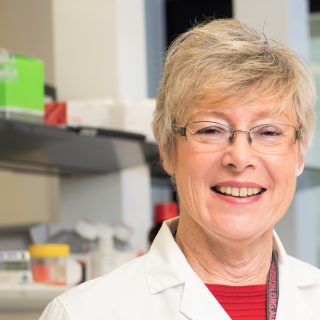
Research uncovers clues to cause of endometriosis
Scientists are one step closer to understanding the cause of the debilitating condition endometriosis, following the completion of a study into cells found in the lining of the womb called the endometrium. In the study, published in the journal Human Reproduction, Professor Caroline Gargett and her team sought to determine whether regenerative cells called endometrial… Read more
-

Childhood Cancer Research Symposium: Cutting-edge science advancing childhood cancer treatment
More than 150 leading clinicians and scientists heard from national and international experts in childhood cancer at Hudson Institute of Medical Research on Wednesday, 13 February at a highly anticipated international symposium. The symposium was made possible through the generous support of our premium partner, the Children’s Cancer Foundation, along with the Isabella and Marcus… Read more
-
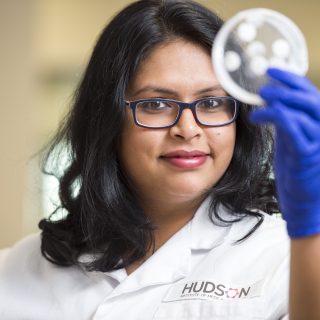
Natural mesh provides hope for pelvic organ prolapse
A safer and more effective treatment for women with pelvic organ prolapse (POP) may be on the horizon, thanks to a new technique that uses a woman’s own stem cells to boost the effectiveness of a degradable mesh. A study published in Biomacromolecules, led by Dr Shayanti Mukherjee, shows how a degradable mesh, made from… Read more
-
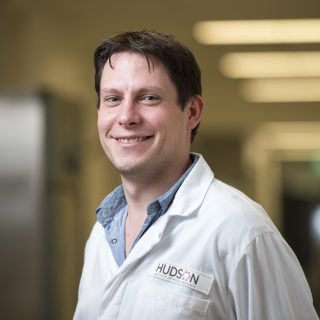
Almost 2000 unknown bacteria discovered in the human gut
Leading microbiome expert, Dr Sam Forster, in collaboration with researchers at EMBL’s European Bioinformatics Institute and the Wellcome Sanger Institute (UK) have identified almost 2000 bacterial species living in the human gut.… Read more
-
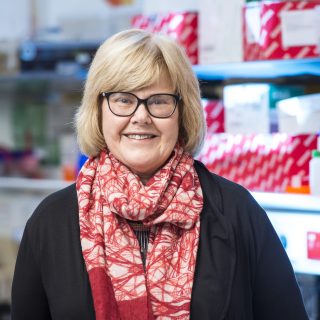
Review highlights dedication to improving reproductive health
As part of a series on influential women in reproductive health, Professor Lois Salamonsen, Australian Academy of Science Fellow and former Head of our Centre for Reproductive Health, was invited by the journal Reproduction to write a review – My Womban’s Life: Understanding Human Endometrial Function. For more than 35 years, Prof Salamonsen has dedicated… Read more
-
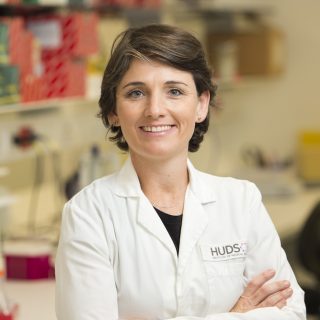
Top award for milestone paper
A landmark Nature study that sheds light on how E.coli wreaks havoc on the body has earned Hudson Institute researcher, Dr Jaclyn Pearson, one of the nation’s top scientific awards. The National Association of Research Fellows (NARF) awarded Dr Pearson the 2018 Postdoctoral Investigator Award for her research that shows how some types of E.coli… Read more
-
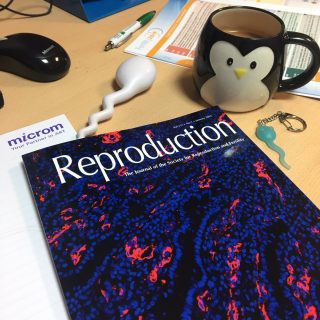
Cells finding may boost POP treatment
A discovery that provides deeper understanding about inflammation in the endometrium could bring scientists closer to improving pelvic organ prolapse (POP) treatment for women, a condition resulting from injury during childbirth. Our study, published in the January edition of Reproduction, shows that mesenchymal stem cells (MSC) in the endometrium have the capacity to dampen inflammation.… Read more
-
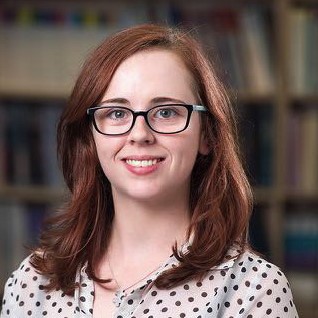
How a baby’s sex is determined
A discovery has been made about how a baby’s sex is determined – it’s not just about the X-Y chromosomes, but involves a ’regulator’ that increases or decreases the activity of genes which decide if we become male or female.… Read more
-

Study targets bone health, wellbeing
A new study for a method to predict long-term bone health issues in people with cerebral palsy could help to improve their quality of life.… Read more
-
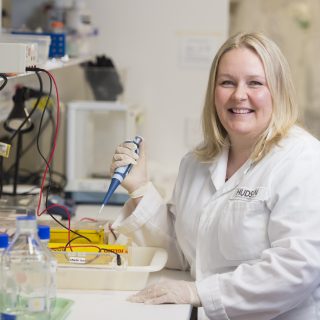
Double trouble for tumour cells
The discovery of how some cancer drugs can deliver a ‘double-hit’ when targeting tumour cells could lead to further advancements in treatment. A new study has challenged the long-held belief that a type of induced cell death, which is regulated by the BCL-2 family of proteins, attacks cells in only one way. The findings published… Read more
